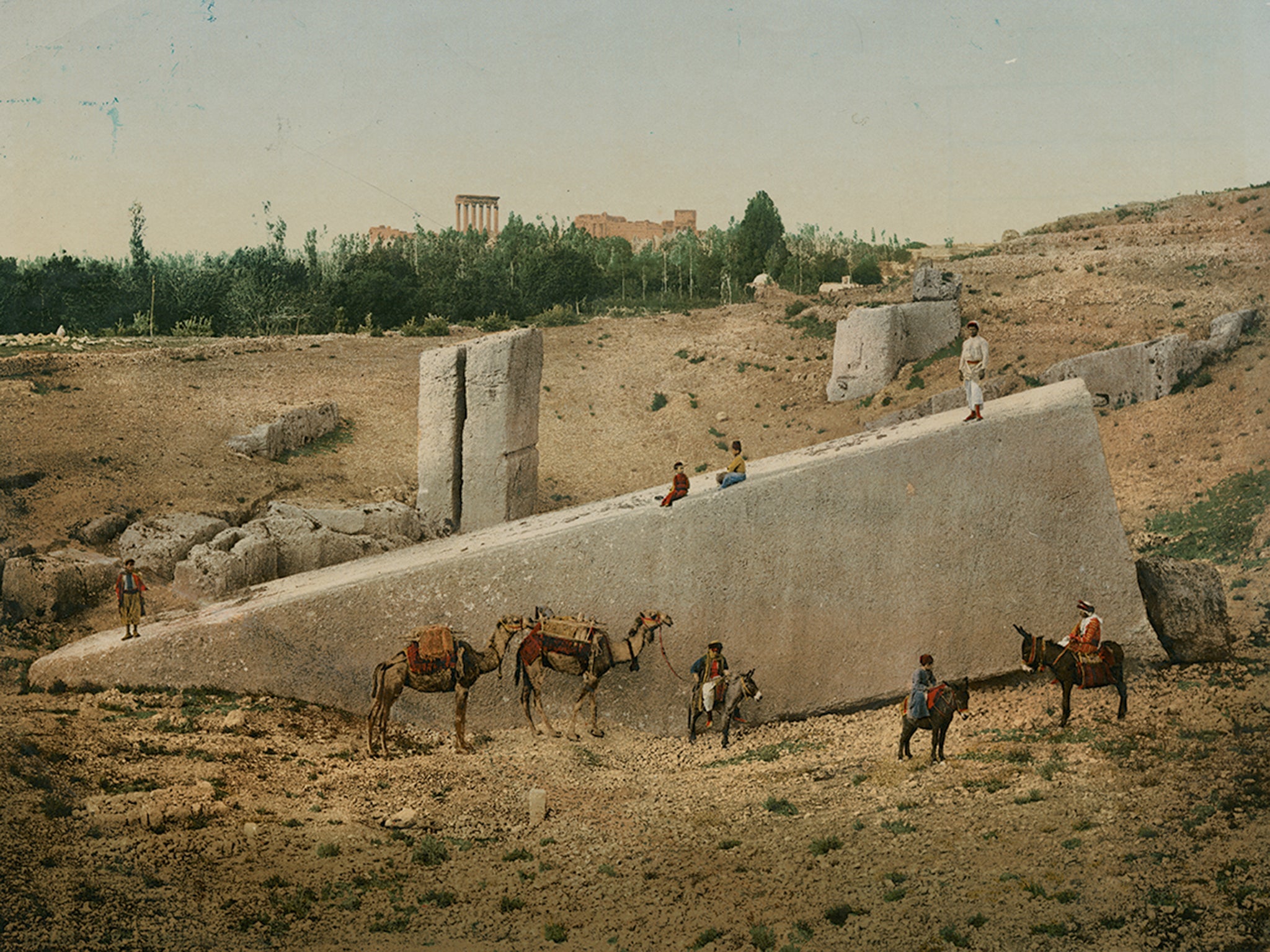What should be done in the Middle East? Ask the Romans
The more you travel, the more you realise the obvious, says Robert Fisk: globalisation is nothing new. To fix today’s crises, we must look at the fall of the world’s greatest empire

On a rare visit to London not long ago, I followed a short path I used to walk as a schoolboy: from the ruins of the old Roman wall near Tower Hill Tube station to the Merchant Navy memorial. The remains of Londinium contain the fine red “sandwich” bricks which reinforced so many Roman houses, temples and fortifications across the empire.
I studied classics for my first degree and roamed Hadrian’s Wall and the ancient villas of England long before I copied down the Latin inscriptions on the Via Appia outside Rome.
On my very first visit to the memorial, I noticed that the commemorative plaques to the 35,800 merchant seamen of Britain’s two world wars, whose bodies were lost to the sea, contained Arab Muslim names. Many came from Yemen (Arabia Felix to the Romans) – and lived in South Shields – and most worked on the great Atlantic convoys.
Subscribe to Independent Premium to bookmark this article
Want to bookmark your favourite articles and stories to read or reference later? Start your Independent Premium subscription today.